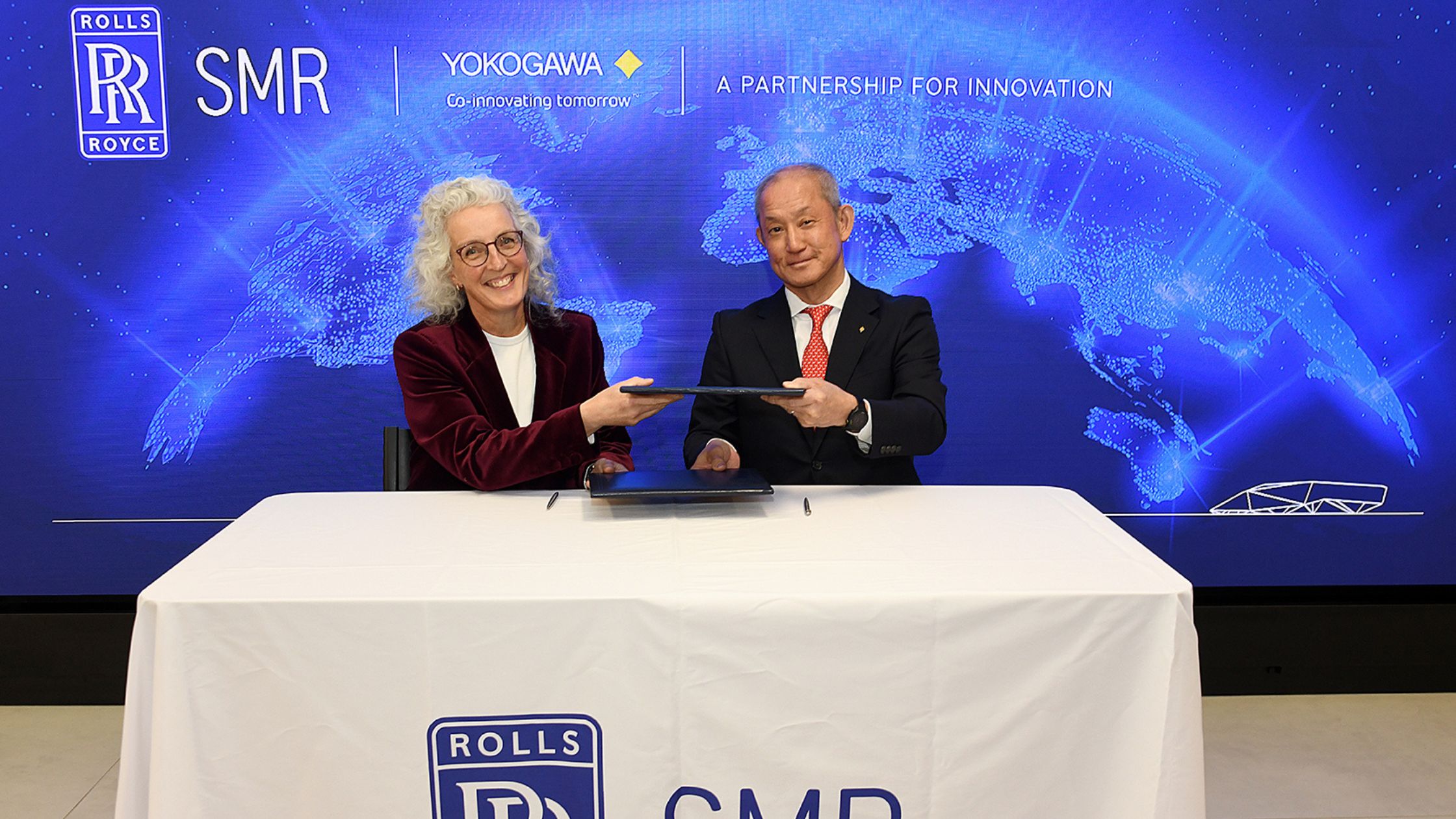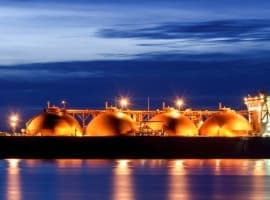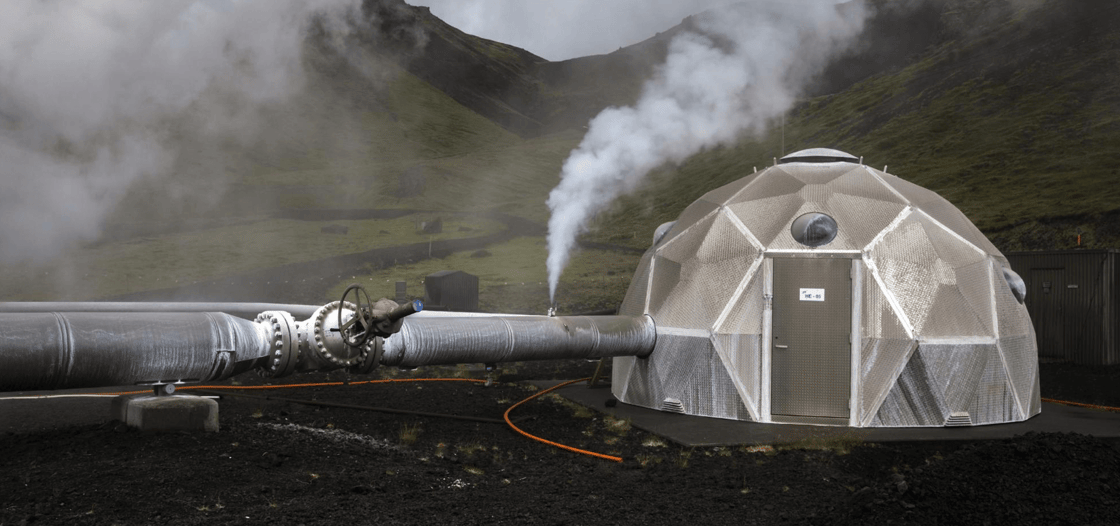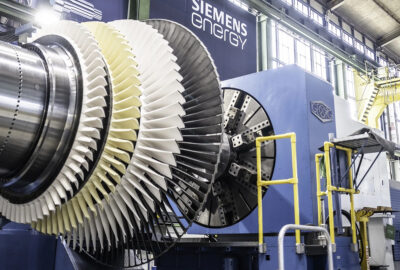
GlassPoint, a leader in reducing carbon emissions from industrial processes, has announced the next phase of its GlassPoint Ma’aden Technology Showcase (GMTS) project in collaboration with Saudi Arabia’s Ministry of Investment (MISA). The company has also teamed up with Cox, which will serve as its technical and delivery partner for the GMTS and other global solar thermal projects.
The GMTS marks the beginning of a major step towards the world’s largest industrial solar thermal project, Ma’aden I. This $1.5 billion project will use solar technology to generate heat and advanced thermal storage to help reduce carbon emissions in Ma’aden’s aluminum production process. In addition, GlassPoint and MISA will build a modern solar manufacturing facility in Saudi Arabia to support these projects and export renewable energy components to the region.
H. E. Khalid Al-Falih, the Saudi Minister of Investment, said in a statement, “We are pleased to move forward with this important project with GlassPoint. This milestone advances us toward building a cutting-edge concentrated solar power-to-steam manufacturing facility in the Kingdom, which will build our leadership across the region while strengthening our economy and creating an independent supply chain.”
The GMTS will showcase several advanced technologies from GlassPoint that help industrial facilities cut their heat-related carbon emissions by up to 70%, while matching the cost of traditional gas-powered steam systems. Innovations like anticlastic polymer membranes, high-performance Niobium mirrors, and ternary liquid salt have allowed GlassPoint to reduce the number of parts needed by 60% and the weight by 75%. These improvements, building on last year’s technological advancements, have led to a 30% reduction in the cost of the solar field and a 50% decrease in the cost of the thermal storage subsystem.
GlassPoint offers a direct solar-to-heat technology that generates industrial process heat from sunlight without converting it into electricity first. At the GMTS, reflective mirrors inside a glasshouse will focus sunlight onto a pipe filled with liquid salt to capture solar energy. The system’s Unify storage, using ternary liquid salts, will provide a consistent heat supply to Ma’aden’s refinery at Ras al Khair, where bauxite ore is turned into alumina, an essential material for aluminum production. This solution offers flexibility, allowing Ma’aden to combine solar steam with gas, biomass, electricity, hydrogen, or other fuels as technology progresses.
Bob Wilt, CEO of Ma’aden, commented, “Our Technology Showcase with GlassPoint is an important step toward large-scale decarbonization and is strongly in support of meeting the Kingdom’s net zero target by 2060. We are constantly looking at how we can drive operations and integrate technology that delivers more efficiently and more sustainably.”
Rod MacGregor, CEO of GlassPoint, mentioned, “We are proud to partner with the Kingdom of Saudi Arabia to develop not only the largest industrial solar thermal project in history, but also a pioneering technology showcase and solar manufacturing facility. Decarbonizing industrial heat is essential to manufacture low-carbon materials and meet net-zero commitments, representing a $444B market globally. Together with MISA, Ma’aden and Cox we are on our way to scale our proven solution to meet the scale of the opportunity.”
The GMTS will supply 1% of the steam needed by Ma’aden’s refinery, and once fully operational, the project will provide 65% of the steam required, cutting carbon emissions by 600,000 tons annually, which is equivalent to removing nearly 130,000 cars from the road. This project aligns with MISA’s Global Supply Chain Resilience Initiative to diversify supply chains, Saudi Vision 2030 to strengthen the economy, and the Saudi Green Initiative to lead in environmental sustainability.
Additionally, GlassPoint’s new factory in Saudi Arabia will create over 200 green jobs and export renewable energy components to the GCC, North Africa, and Southern Europe, contributing to the Kingdom’s shift away from oil and gas. The technology’s application at Ma’aden and other industries will help decarbonize Saudi Arabia’s industrial sector, reduce domestic gas usage, and lower the carbon footprint of challenging industries.
Enrique Riquelme, Executive Chairman at Cox, also added, “We are seeing rising demand for decarbonized heat around the world as industrial facilities seek to cost-effectively meet net-zero goals. GlassPoint stands out as offering the only solution proven at scale to reduce carbon emissions while delivering favorable economics. We look forward to working with them on this lighthouse project with MISA, as well as many more in our shared pipeline.”













